The views expressed in our content reflect individual perspectives and do not represent the authoritative views of the Baha'i Faith.
The Baha’i Faith—like many other global religions—has its own unique calendar.
The Bab instituted that new calendar, known as the Badi or Baha’i calendar, during the six-year period (1844-1850) of his revelation. According to the new calendar, every day begins and ends at sunset. Based on the solar year, the Baha’i year is composed of 19 months of 19 days each, which equals 361 days. To fill in the additional four or five days in each of the Earth’s trips around the sun, the Baha’i calendar adds four extra days (five in a leap year) called Intercalary Days, or in Arabic, Ayyam-i-Ha (which literally means “days of five.”) On those additional days, Baha’is traditionally celebrate and help the needy.
In his Most Holy Book, Baha’u’llah assigned those four or five “excess” intercalary days a fixed position in the calendar, immediately before the Baha’i month of Loftiness (or Ala), the 19-day period of fasting.
The letter Ha has several spiritual meanings, and one of them symbolizes the Essence of God. So during Intercalary Days, Baha’u’llah encouraged his followers to devote time to feasting, rejoicing and charity. For Baha’is, the intercalary days are specially set aside for hospitality, the giving of gifts, and charitable endeavors:
Charity is pleasing and praiseworthy in the sight of God and is regarded as a prince among goodly deeds … Blessed is he who preferreth his brother before himself. – Baha’u’llah, Tablets of Baha’u’llah, p. 71.
The essence of charity is for the servant to recount the blessings of his Lord, and to render thanks unto Him at all times and under all conditions. – Ibid., p. 156.
The Baha’i teachings ask everyone to help the needy. Baha’is must be always willing to offer their assistance to those who are in distress and suffering. The Guardian of the Baha’i Faith, Shoghi Effendi, called “Baha’i charity, the very essence of the Teachings, and should therefore be developed in every Baha’i community.” The Universal House of Justice also encouraged Baha’i Local Spiritual Assemblies—the democratically-elected administrative bodies in each Baha’i community—to make contributions to charity with pure intention:
… indeed care of the poor and needy is one of the duties assigned to them in the Baha’i Writings … Assemblies, moreover, should perform their charitable works with a pure motive, and not with the thought of propagandizing for the Faith. – The Universal House of Justice, from a 1973 letter to a Local Spiritual Assembly.
Shoghi Effendi also wrote:
They (Local Spiritual Assemblies) must do their utmost to extend at all times the helping hand to the poor, the sick, the disabled, the orphan, the widow, irrespective of colour, caste and creed. They must promote by every means in their power the material as well as the spiritual enlightenment of youth, the means for the education of children, institute, whenever possible, Baha’i educational institutions, organize and supervise their work and provide the best means for their progress and development. – Baha’i Administration, p. 38.
This year and every year, then, Baha’is all around the globe will celebrate Intercalary Days with this beautiful passage from Baha’u’llah in mind:
O people of the world …Thus hath the Day-Star of Utterance shone forth above the horizon of the Book as decreed by Him Who is the Lord of the beginning and the end. Let the days in excess of the months be placed before the month of fasting. We have ordained that these, amid all nights and days, shall be the manifestations of the letter Ha, and thus they have not been bounded by the limits of the year and its months. It behoveth the people of Baha, throughout these days, to provide good cheer for themselves, their kindred and, beyond them, the poor and needy, and with joy and exultation to hail and glorify their Lord, to sing His praise and magnify His Name; and when they end—these days of giving that precede the season of restraint—let them enter upon the Fast … – The Most Holy Book, p. 25.


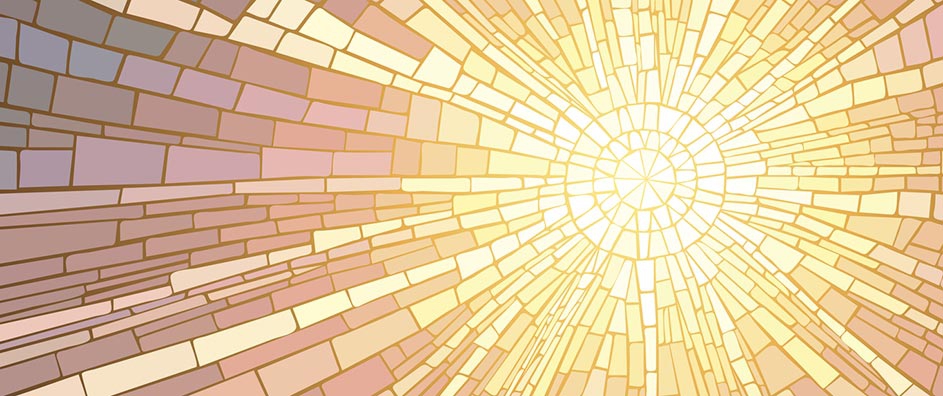
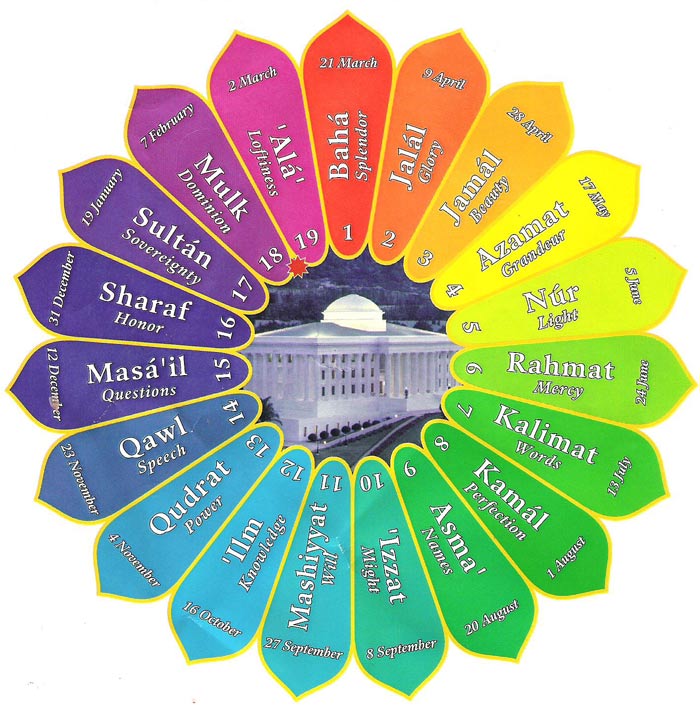

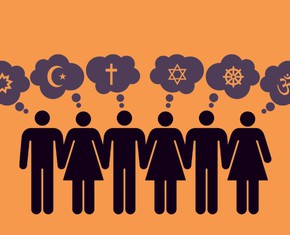

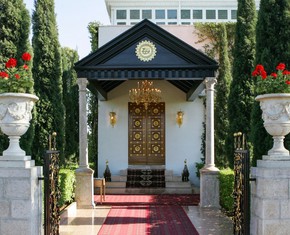







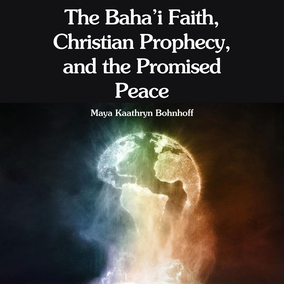

Comments
Sign in or create an account
Continue with Googleor